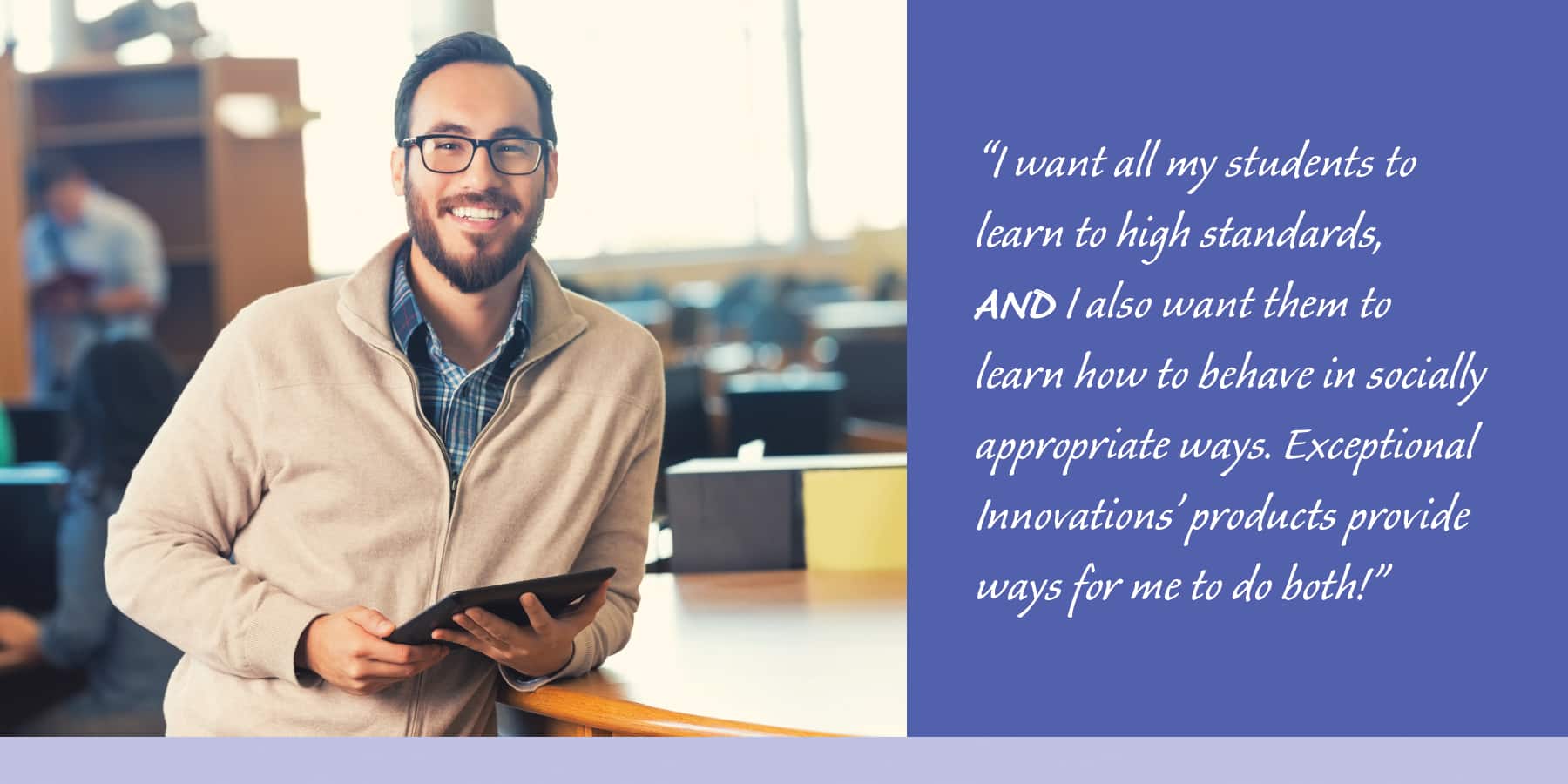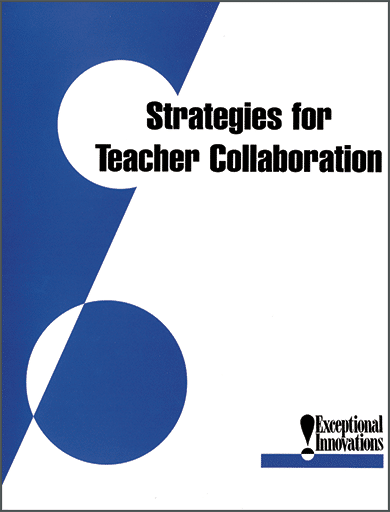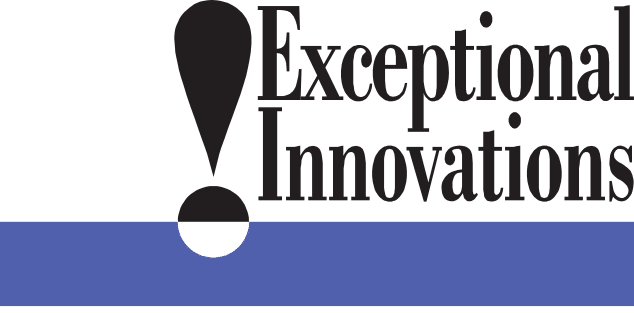
Strategies for Teacher Collaboration

Available as eBook Only
Authors: Loviah Aldinger, Cynthia Warger, & Paul Eavy
ISBN 1-931311-04-9
$7.99 / #e-933c
Add to CartEnhance teacher collaboration in your school or district. This training manual assists you in working collaboratively with teachers to solve difficult classroom problems.
Intended for anyone who provides support to children with behavioral difficulties–teachers involved in peer coaching, special education teachers, inclusion specialists, social workers, school psychologists, administrators, and consultants–Strategies for Teacher Collaboration offers a complete staff development program.
The manual covers collaboration in consultation, presents a problem solving model, and shows how to address resistance and avoid interpersonal traps. The manual includes overheads (for staff development), note taking guides, activities, and transcripts of actual collaborative encounters.
Table of Contents
- Collaborative Consultation with Teachers 1
- Consultation: A Definition 2
- Collaboration: A Definition 3
- Why is Collaboration so Important in Consultation? 5
- What Makes Collaboration Difficult? 5
- Purpose of this Guide 6
- Organization of this Guide 7
- Activity: Consultation in Your School 7
- The Problem Solving Model Applied to Teacher
Consultation 9 - Problem Solving Model: An Overview 9
- Stage One: Establish Initial Rapport 12
- Activity: Building Rapport 14
- Stage One: Negotiate the Contract 16
- Activity: Developing the Contract Statement 22
- Stage Two: Problem Identification 23
- Activity: Identifying Possible Sources of the Problem 27
- Activity: Clarifying Meaning 31
- Activity: Sharing Data 42
- Activity: Problem Identification Stage 47
- Stage Three: Intervention 49
- Activity: Brainstorming Ideas 54
- Activity: Evaluating Intervention Strategies 59
- Stage Four: Evaluation and Closure 62
- Putting It All Together 66
- Activity: Problem Solving Process 67
- The Interpersonal Relationship in Teacher Consultation 69
- Activity: Best and Worst Consultation 69
- The Interpersonal Nature of Consultation 72
- Resistance to Innovation and Change 74
- Activity: Resistance to an Innovation 75
- Resistance to Collaboration 76
- Activity: Identifying Resistance 79
- Handling Resistance Positively 80
- Putting It All Together 85
- Activity: Handling Resistance 89
- What Goes Wrong in Teacher Collaboration 93
- What Happens When Consultants Personalize Resistance? 94
- The Helping Relationship 96
- Consultant Needs 97
- Activity: Identifying Your Own Needs 99
- Personalizing Resistance 101
- Activity: Positive and Negative Manifestations of needs 101
- The Four Consultant Traps 103
- Advice 103
- Judgment 111
- Overresponsibility 123
- No Relationship 128
- Activity: Trap Trigger Messages 130
- Activity: Transcript for Identifying Traps 133
- References 139
- Appendix 141
Read an excerpt of this publication in PDF.
